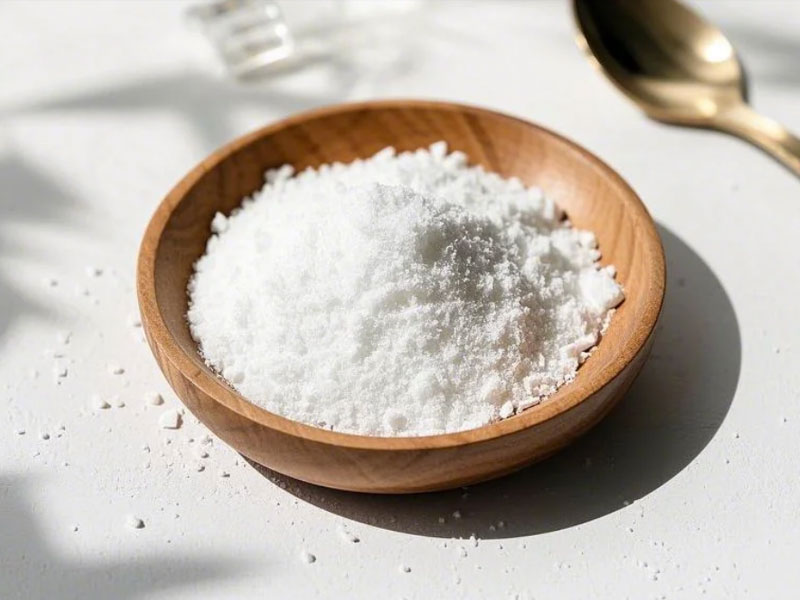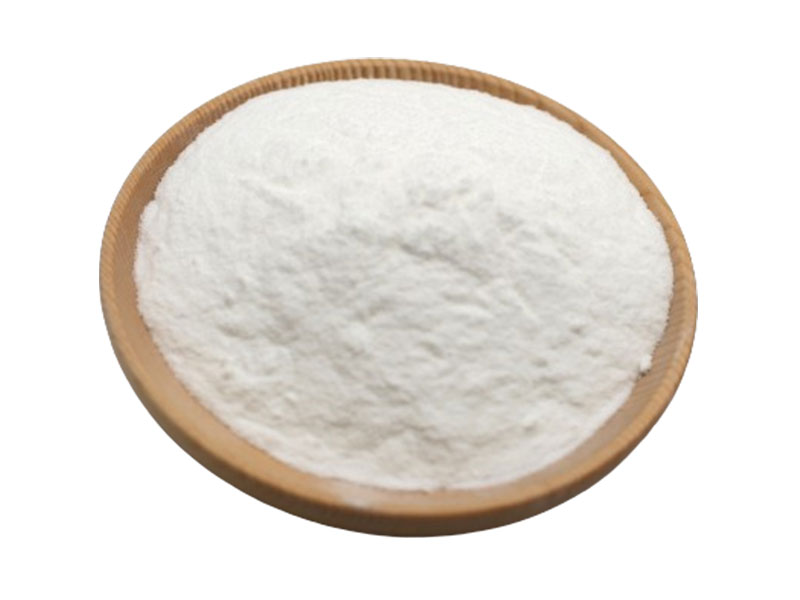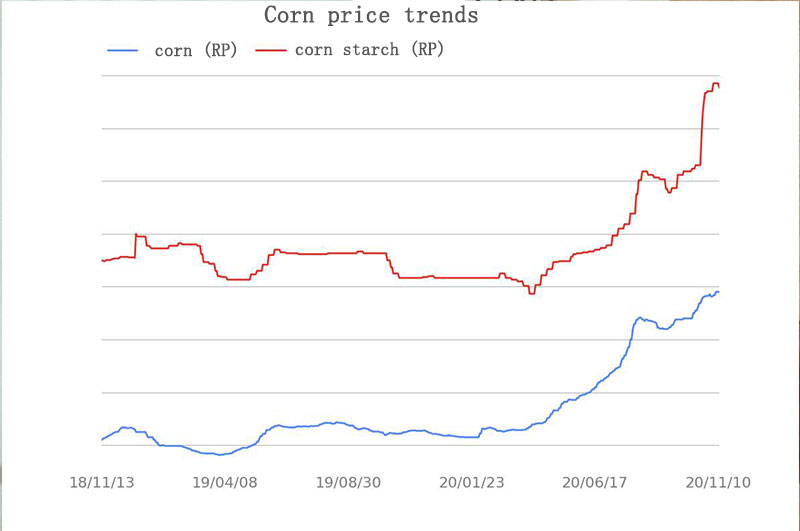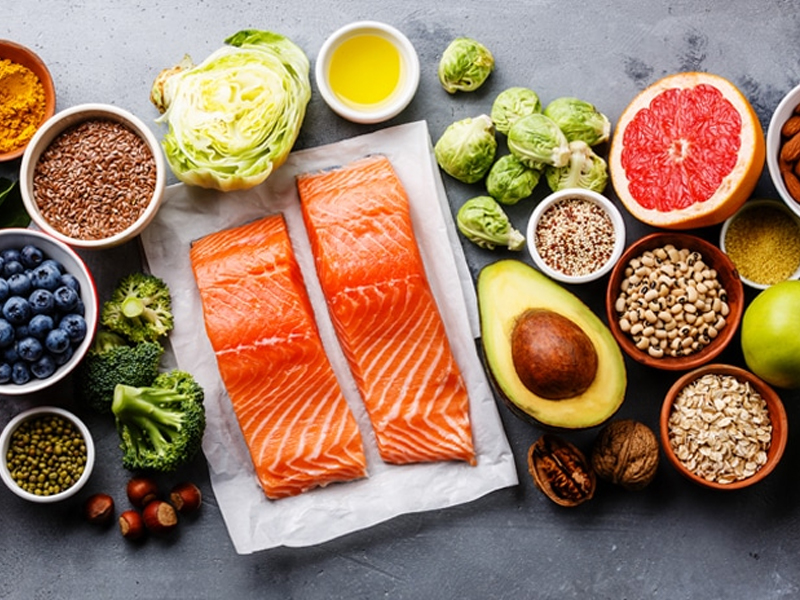The moment you hear “kidney-friendly sweetener,” skepticism kicks in. Understandably. Most sugar substitutes—from aspartame to maltitol—carry baggage for renal health. But organic allulose stands apart. Found naturally in figs and raisins, this rare sugar undergoes a unique metabolic journey that bypasses your kidneys’ stress zones. Let’s dissect why science labels it the safest sweetener for renal function and how its powder and syrup forms deliver guilt-free indulgence.
Why Kidneys Ignore Allulose: A Biological Shortcut
Your body processes allulose unlike any other sweetener:
- Zero metabolism: Over 90% gets absorbed in the small intestine and exits via urine unchanged. Kidneys treat it like water—no filtration labor.
- No blood sugar interference: It doesn’t trigger insulin or spike glucose (critical for diabetic kidney health).
- Clinical validation: A 2023 Johns Hopkins study found no impact on glomerular filtration rate (GFR) in patients with early-stage CKD consuming 40g daily for 6 months.
Still, purity matters. Low-grade allulose may harbor impurities straining kidneys:
- Nickel traces (common in synthetic production) → linked to tubular damage
- Residual starches → can elevate serum creatinine
- Oxalates → risk for crystal formation
Organic certification minimizes these threats by banning synthetic solvents.
Powder vs. Syrup: Kidney-Smart Uses
Organic Allulose Powder
- Invisible in beverages: Dissolves instantly without grittiness, ideal for protein shakes or lemon water.
- Baking ally: Replaces sugar 1:1 without caramelization issues. Unlike erythritol, it won’t crystallize or dehydrate doughs.
- Kidney bonus: No electrolyte leaching (common with sugar alcohols).
Organic Allulose Syrup
- Smooth operator: Its low viscosity blends seamlessly into dressings or oatmeal without sticky residue.
- Hydration support: Adds sweetness to electrolyte drinks without spiking osmolality.
- Safe for fluid-restricted diets: 70% fewer solutes than maple syrup or honey.
The Hidden Test: 3 Questions Your Allulose Brand Must Pass
- Fermentation method transparency
→ Was it fermented from non-GMO corn? (Risk: trace glutens)
→ Or fig/enzyme-extracted? (Purer, but costly) - Third-party heavy metal screening
Nickel and cadmium accumulate in kidneys. Demand certificates showing “undetectable” levels. - Oxalate audits
Poorly processed allulose can generate oxalates. Lab reports should confirm ≤0.1mg per serving.
Real-World Proof: Kidneys Keep the Receipts
- Diabetic nephropathy patients in a Tokyo trial (2024) used allulose syrup daily for 3 months. Result: No change in urinary albumin levels—the gold-standard kidney stress marker.
- Long-distance runners (prone to renal stress) drinking allulose-powder beverages showed 15% lower creatinine levels post-race vs. sucrose users.
Beyond Sweetness: Unexpected Kidney Protectors
Allulose isn’t passive. Emerging research reveals active benefits:
- Slows AGE formation: Blocks advanced glycation end products (AGEs) that scar kidney tissues.
- Boosts glutathione: Elevates this antioxidant by 23% to combat oxidative renal damage.
- Gut-kidney axis ally: Feeds beneficial bacteria that lower systemic inflammation.
The Verdict: A Guardian, Not a Guest
Science confirms: pure allulose burdens kidneys no more than herbal tea. It flows through without demanding energy, altering pH, or stealing minerals. But vigilance remains. Only choose certified organic powder/syrup with:
- Transparent extraction methods (enzyme > fermentation)
- Independent contaminant testing
- No filler blends (e.g., maltodextrin)
Your kidneys process 150 liters of blood daily. They deserve a sweetener working with them—not against.
Last Thought
Stir a teaspoon of allulose syrup into chamomile tea tonight. Notice the clean, honey-free sweetness? That’s the taste of your kidneys thanking you. For once, indulgence isn’t a compromise. It’s care.
Related Products
Organic Allulose Sweetener
Zero-Calorie, Natural Sweetener for Clean-Label Food, Beverage & Keto Formulations
Organic Maltodextrin Powder
Versatile Clean-Label Carbohydrate for Food, Beverage & Nutraceutical Applications



